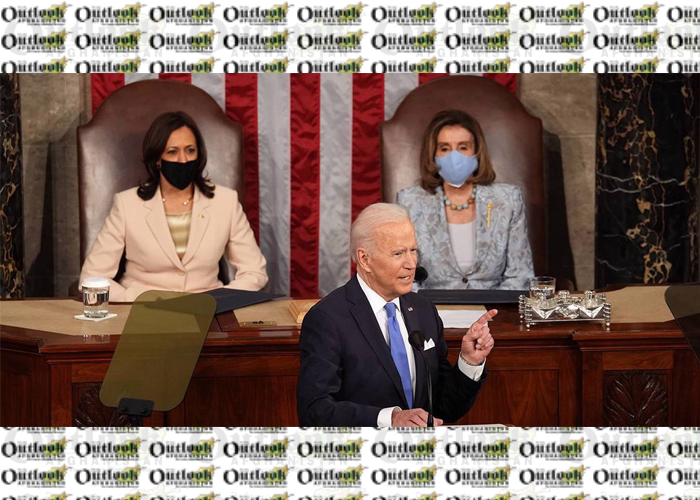

Choosing not to relieve $50,000 in student loan debt, especially in a time when borrowers are anxious about having to resume payments in the fall, threatens the prospect of post-pandemic economic growth as well as the electoral fortunes of Biden’s party.Ĭanceling student debt is not only one of the most effective relief measures the federal government can take, it’s one that the White House can do on its own. With these measures set to expire on October 1, 2021, it is more important than ever for the federal government to cancel student debt, which would lift an unfair economic burden from millions of Americans. Through the CARES Act, student loan payments were paused and interest rates were temporarily capped at 0%, a measure that has been extended at several points since. In a country with almost 45 million student loan borrowers, it’s unsurprising that temporary student debt relief measures put in place during the coronavirus pandemic have been a lifeline to struggling workers. Polling by Data for Progress in January 2021 found that a proposal for monthly recurring checks of $2,000 proved popular across party lines, with a majority of Democrats, Republicans, and Independents indicating their support for such a measure. In 2020, Senators Kamala Harris, Bernie Sanders, and Ed Markey pushed for $2,000 direct monthly payments for individuals making less than $120,000 a month. Throughout the pandemic, progressives have pushed a variety of initiatives aimed at relieving the financial burden placed upon working Americans. The coronavirus pandemic is not the last crisis of its magnitude the United States will face, and the success of the CARES Act in temporarily alleviating poverty provides a roadmap for future action.

The federal government must reinvigorate the American social safety net to protect working families. Millions of Americans were once again devastated following the expiration of the extended UI initiative in July 2020, making further federal intervention a necessity. Passed in March 2020, the CARES Act delivered $1,200 direct checks to Americans on top of allocating an extra $600 per week in unemployment insurance (UI). Since the onset of the crisis in early 2020, it has been clear that only comprehensive federal intervention can alleviate the financial stress the pandemic has placed upon working Americans. The economic catastrophe brought on by the coronavirus pandemic has devastated working families. Pursuing Social Justice assesses the administration’s record on working to dismantle embedded social inequalities, including ending police violence, protecting voting rights, and pursuing justice for migrants.įorging Global Cooperation assesses the administration’s progress in rebuilding systems of global cooperation in the aftermath of the Donald Trump presidency, including President Biden’s approach to the global climate crisis and reassessing America’s commitments abroad.

Securing A Just Recovery assesses the Biden Administration’s approach to charting a course for a post-pandemic economy, including the Administration’s approach to the coronavirus pandemic, social welfare, and alleviating wealth inequality. This report is divided into three sections: This report critically assesses the first one hundred days of the Biden Administration from a progressive standpoint, including how Biden has delivered on campaign promises, responded to political realities, and answered progressive calls for action on the present crises facing America. Indeed, Biden himself has acknowledged this likeness, stating in 2020 that the coronavirus pandemic had the potential to “eclipse what FDR faced” and added he believed he was “kind of in a position that FDR was”. Transformative programs such as the Federal Emergency Relief Administration (FERA) and Civilian Conservation Corps (CCC) came into being in this period, laying the groundwork for the rest of the New Deal.įaced with a historic public health crisis in the form of the coronavirus pandemic and its economic consequences, the parallels between Joe Biden’s 2021 and Roosevelt’s 1933 have not been lost to observers.

#BIDENS FIRST HUNDRED DAYS SERIES#
The period between March 4 and Jlaid the groundwork for the United States’ response to the Great Depression, with a series of historic initiatives in size and scale launched to stabilize the ailing economy. Since Franklin Delano Roosevelt took office in 1933, it has been widely understood that the first one hundred days of a presidency serve as some of the most crucial months of a president’s term in office.


 0 kommentar(er)
0 kommentar(er)
